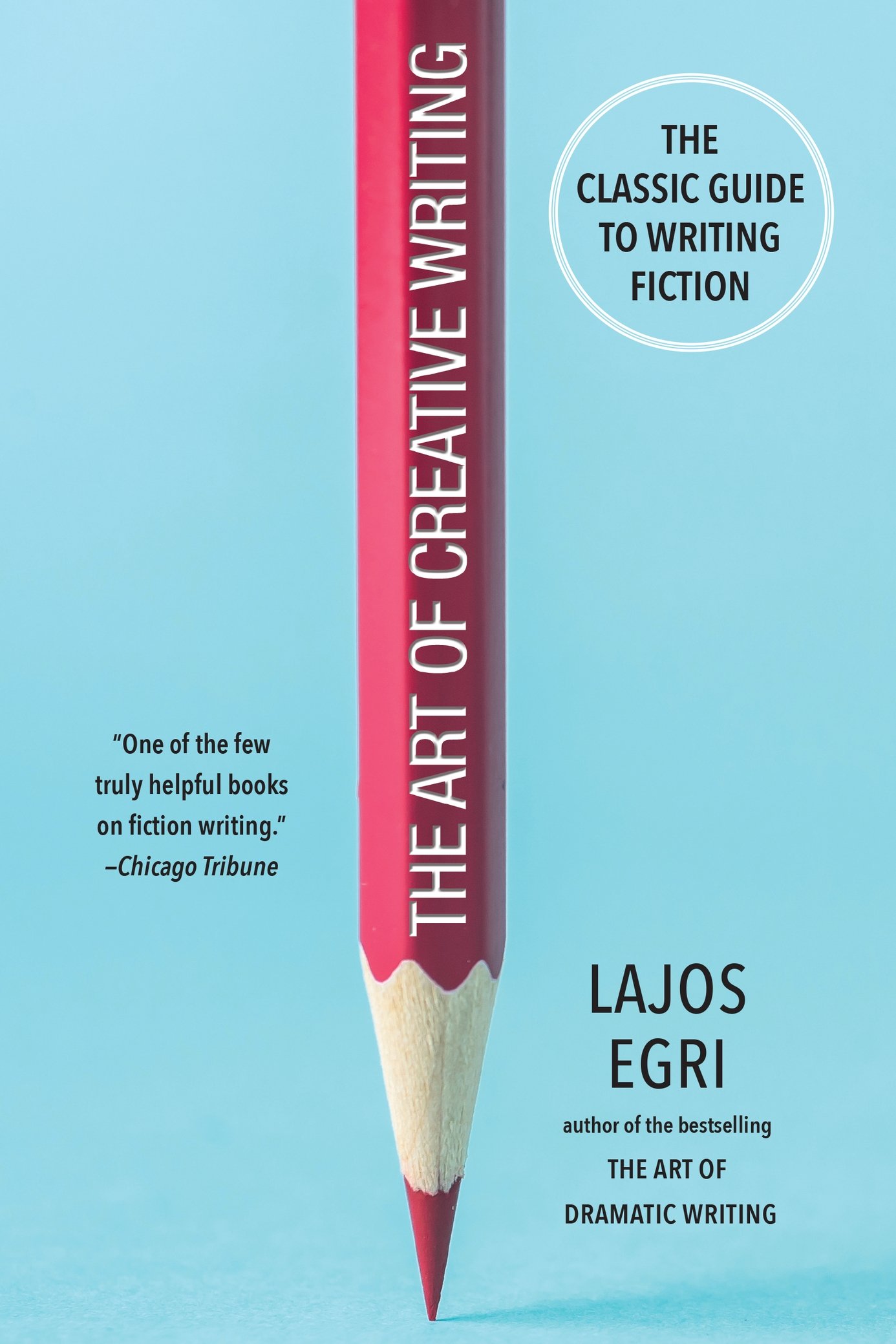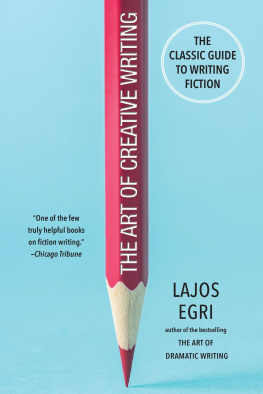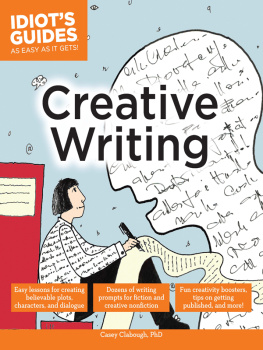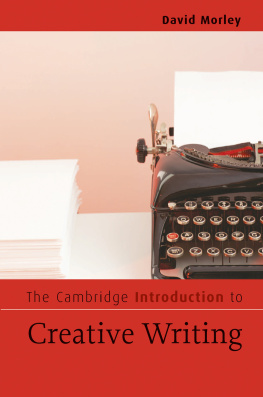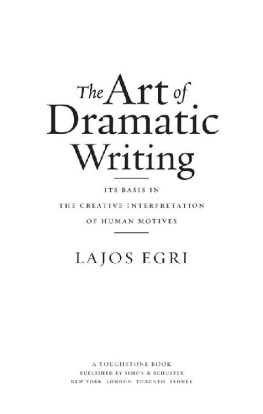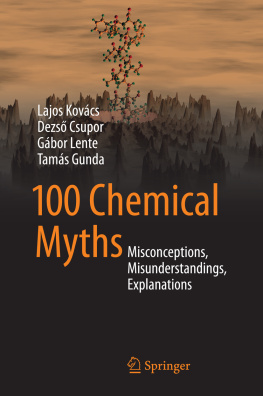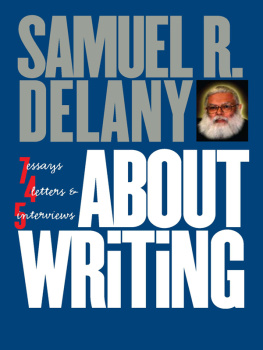These twelve parts are as indispensable in writing as are the vital organs to the human body.
P REMISE
The premise is the seed from which the story grows. The premise is the thumbnail synopsis of the story or play you wish to write.
It isnt compulsory, but it is wise to formulate your premise first. You might have an idea or have read or heard something that seems to constitute a good story idea. No matter where your inspiration comes from, you must know exactly what you want to say, why you want to say it, and how far you want to carry it.
If your story pertains to greed, to which you are opposed, youll want to know in what direction and how far you intend to go with this idea, what will be its final resolution. This crystalization of your story is the premise.
You might want to say: Greed leads to destruction, or Greed leads to humiliation, or Greed leads to isolation, or Greed leads to loss of love. You can go on indefinitely, formulating premises for yourself, but when you decide on one , capture the one which expresses your idea perfectly. Then you have your story in a nutshell.
The premise should include the basic facts about the character , conflict , and resolution. For instance, Honesty is the best policy is not the best premise. We see the character, an honest person. But where is the conflict? This person is honest all through life and all through the play; hes very happy, nobody bothers him. A wonderful lifebut a very bad play. Butif we use the premise, Honesty defeats duplicitywe know immediately that our honest person is going to engage in conflict with a dishonest person. There is inherent drama in this premise.
In short, the first part of any premise should represent character: honesty, dishonesty, selfishness, ruthlessness, false pride, etc. The second part should represent conflict: Dishonesty leads to exposure, Ruthless ambition leads to destruction, etc. The third part should represent the resolution or goal of the play or story.
As we see, a good premise is an indispensable part of good writing. A premise is a goal.
Many so-called scholars ridicule the idea of working out a premise before starting to write a play or story. They state that great stories were written before anyone knew anything about premises. This is true. But it is also true that even the greatest writers wrote more bad plays or stories than good ones. Without direction (a premise), they floundered!
When one intends to drive a car from New York to San Francisco, he usually uses a road map for more direct routes and good roads. The premise is the road map for all kinds of writing.
The next thing we ask is, who is going to carry out the authors premise... the characters?
Lets see if this is true. Let us suppose that we are intrigued by a braggart. We want to write about him. He claims that he comes from excellent stock, knows the best people, knows everything, in fact. He earns a lot of money, has the greatest hope for the future, and, according to him, hes the greatest guy he knows.
Naturally not a word of this is true. Youre justified in asking, Why all the bluff? The answer is, the poor fellow really has nothing whatsoever to boast about, so he concocts these grand and glorious lies. Bluffers, liars, boasters usually do this sort of thing to cover up their physical or mental inadequacies.
Now, how can this story end? Failure and humiliation for this character seem obvious. So if youre going to write a story about such a character, dont you think it is wise to know in advance how hes going to end up?
If you know the end of your story before you start to write it, you are in a better position to write a good one. Find out who your character is, where he comes from, why he is a failure. Because its his failure hes trying to cover up with his lying. If you have this advance knowledge, you are in a better position to do a more thorough job.
For such a story I think the premise should be: Bragging leads to humiliation. This play or story can be a drama, satire, or both, but never a comedy. However, you can make a fine comedy out of the bragging idea if you change your premise to read like this: Bragging leads to success. Read The Show-Off by George Kelly. It is a satirical comedy written on the above premise.
Youll do better if you try to crystalize whatever you want to say and find your premise before you begin to write.
P IVOTAL CHARACTER
Now, who is going to force the characters into action? The honest person may never be troubled by his dishonest friend (to quote our first premise) unless one of the characters forces the issue and in so doing creates conflict. This person would be called the pivotal character. The pivotal character forces the conflict from beginning to end in play, story, or novel. The other characters may be uncertain as to what they want or where they want to go, but the pivotal character knows immediately what he wants.
A selfish person is selfish when the play opens. He is relentlessly selfish. The pivotal character is always relentless. A pivotal character is not motivated by a whim. He has a duty to perform. He must force the conflict to the bitter end, never backing down in the middle of the play or story.
He is relentless because circumstances beyond his control force him to be relentless. If an honest man steals, it is not for the thrill or luxury of it. It is because his family is starving, or perhaps because there is illness. This pressing need for money is a matter of life or death. A man can murder because of a ruthless ambition, desire for revenge, frustration, etc. But whatever the reason, it must be a relentless one.
When the pivotal character stops forcing the conflict, the story ceases too.
The pivotal character usually wishes change. Hes dissatisfied. He is militant, ruthlessly militant, whether fighting for or against his status quo.
The pivotal character is the motivating power; hes the cause of conflict in your story or play. If hes ambitious, he wont hesitate to commit blackmail. He must be cunning and ruthless and, if necessary, ready to commit murder in order to achieve his goal, whether his goal is for good or for evil. If hes a good pivotal character, he holds nothing sacred and feels that nothing can stop him from reaching his goal.
If a writer doesnt understand the mechanism of a pivotal character, he wont know in what direction his story is going. The pivotal character knows where hes going, and tries to force everyone to go his way. If the antagonist refuses to go along with him, its not because the pivotal character didnt push him hard enough. The pivotal character is a stubborn individual who sees only his own goal.
The pivotal character is the heart of all stories, pumping in all the conflict. If he stops pumping, your story or play stops living, just as your body would stop living if the bloodstream were cut off.
I wonder if you can define the difference between a conservative and a reactionary?
The conservative is satisfied with himself, his country, and the world as they are, and wishes to keep them that way; but hes too busy or too lazy to fight for this principle. He feels that everything will come all right in the end.
